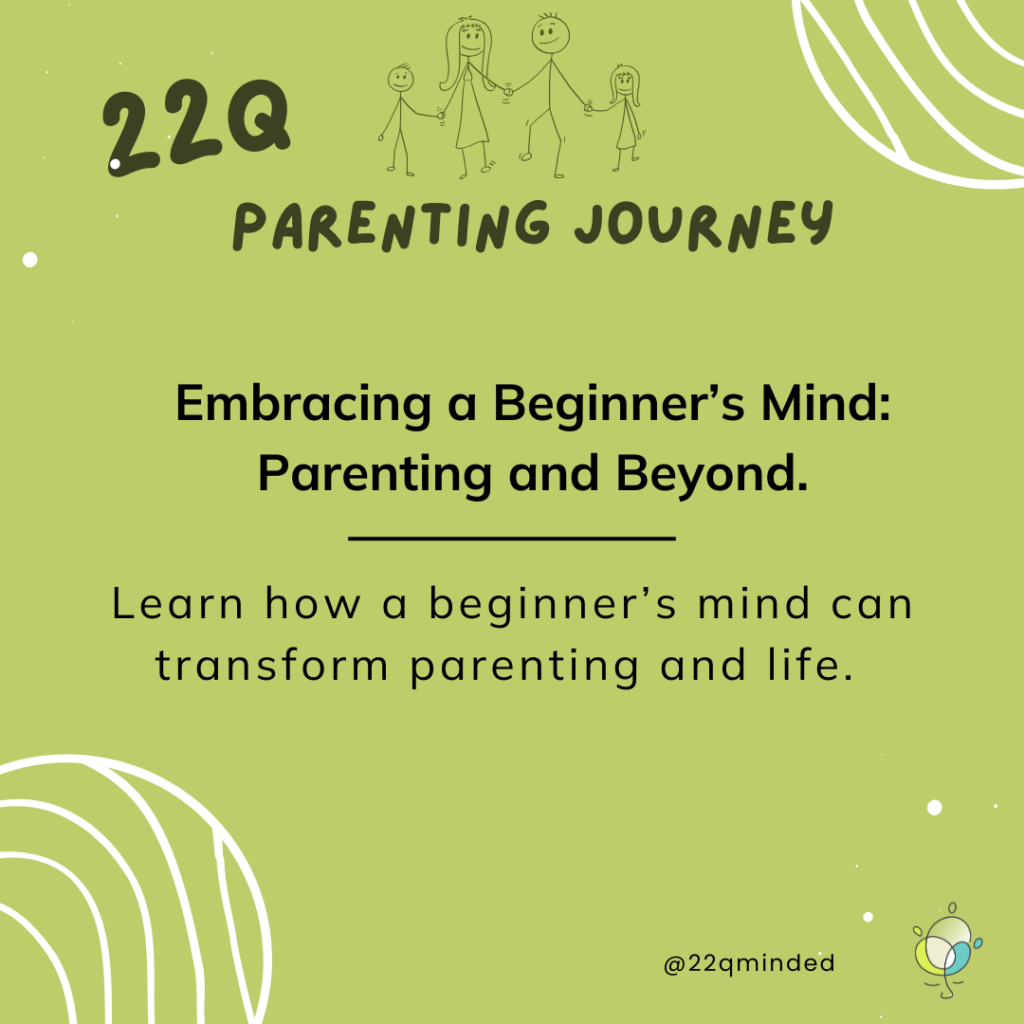Sleep is essential for our overall health and well-being, yet many of us underestimate its importance. But why do we need sleep? Sleep helps recharge our bodies and minds, repair muscles, strengthen the immune system, and improve memory. Without enough rest, we may struggle with fatigue, irritability, and focus, making it harder to maintain a happy, healthy life. In this blog, we’ll explore the benefits of sleep, common sleep disorders, and practical solutions to improve sleep quality, with special attention to challenges faced by individuals with 22q11.2 deletion syndrome.
Why do we need sleep?
We need sleep to recharge our bodies and minds. It helps repair muscles, strengthen our immune system, and organise memories. Sleep boosts energy, focus, and mood while supporting growth and development. Without enough rest, we can feel tired, forgetful, and irritable, making it harder to stay healthy and happy.
What are sleep disorders?
Sleep disorders are common in the general population. They can involve persistent sleep quality, duration, or timing difficulties, including sleep apnoea, insomnia, and restless sleep. Racing thoughts and an inability to calm the mind before bed further complicate achieving restful sleep.
Even when sleep is achieved, it can be frequently disrupted by nighttime awakenings caused by issues such as breathing difficulties, pains, medical conditions, or heightened anxiety. These interruptions compound the struggle, preventing deep, restorative rest. The impact of poor sleep often carries into the day, with excessive tiredness, reduced focus, and low energy becoming constant companions. For some, restless nights are further complicated by medical conditions.
How are they noticeable?
- Racing Thoughts: Many individuals experience a flurry of anxious or repetitive thoughts at bedtime, making it difficult to relax.
- Difficulty Falling Asleep: Stress and anxiety often associated with 22q can prolong the time it takes to fall asleep.
- Frequent Night Wakings: Sleep disruptions may occur due to breathing difficulties, leg pains, medical conditions, or anxiety.
- Daytime Fatigue: Poor-quality sleep can result in excessive tiredness, reduced focus, and low energy during the day.
- Restless Sleep: Low muscle tone, GERD, or hyperactivity can lead to frequent tossing and turning.
What about sleep disorders and 22q11.2 deletion syndrome?
General sleep disturbances and lower sleep quality are common in del22q11.2 and other neurodevelopmental conditions. Problems with initiating and maintaining sleep are often reported across the lifespan, although findings from objective studies using, e.g. actigraphy, are less clear. Individuals with del22q11.2 – and other 22q-related conditions – are particularly vulnerable to sleep issues due to a combination of factors:
- Structural Differences: Airway anomalies can lead to sleep apnoea and breathing problems at night.
- Anxiety and Racing Thoughts: These often interfere with relaxing and initiating sleep.
- Co-occurring conditions: Sleep disorders are more common when there are additional diagnoses of autism and attention-deficit hyperactivity conditions.
- Neurological differences: Structural and functional differences in neural circuits regulating sleep.
- Medical Issues: Gastroesophageal reflux disease (GERD), low muscle tone, pain, inflammation, immune dysfunction or heart problems can affect sleep quality.
Why are sleep disorders challenging?
Sleep is essential for overall well-being, and its absence can affect various aspects of life. Poor sleep often exacerbates existing mental health challenges, intensifying feelings of anxiety, depression, and emotional dysregulation. Cognitively, insufficient rest can impair memory, focus, and problem-solving abilities, making daily tasks and learning much more difficult. Physically, chronic sleep deprivation weakens the immune system, stunts growth, and heightens the risk of other health complications. Beyond the individual, sleep disturbances can challenge family dynamics, causing caregivers stress and disrupting the household’s overall functioning. These widespread impacts highlight the importance of addressing sleep issues to support individuals and their loved ones.
What can help?
- Creating a Sleep-Friendly Environment: Keep the bedroom cool, dark, and quiet using white noise machines or blackout curtains; use weighted blankets or calming sensory aids if they help with relaxation.
- Managing Racing Thoughts: Relaxation Techniques: Deep breathing, progressive muscle relaxation, or mindfulness can help calm the mind before bed; Journaling: Writing down worries or thoughts earlier in the evening can help process them before bedtime; Guided Meditations: Apps or audio tracks focused on sleep can guide individuals into a calmer mental state.
- Establishing Calming Routines: Consistent bedtime rituals, like reading, gentle stretching, or listening to soothing music, signal the body that it’s time to wind down; Avoid stimulating activities, such as screen time or intense discussions, in the hour before bed.
- Addressing Underlying Medical Issues: Treating conditions like sleep apnoea or GERD can significantly improve sleep; Regular check-ups with medical professionals familiar with 22q can identify and manage contributing factors.
- Psychological Support: Therapy for anxiety and emotional regulation, such as cognitive-behavioural therapy (CBT), can reduce racing thoughts and sleep-related stress; Creative therapies, like art or music, can provide alternative outlets for processing emotions.
- Sleep Specialist Consultation: Specialists can recommend targeted interventions, such as sleep studies, to identify specific issues and develop person-centred care.
By addressing the complexities of sleep—from physical conditions to anxiety and racing thoughts—through tailored strategies, individuals with 22q and their families can experience improved sleep and overall quality of life. Raising awareness about sleep challenges in 22q is important in providing support and understanding.




